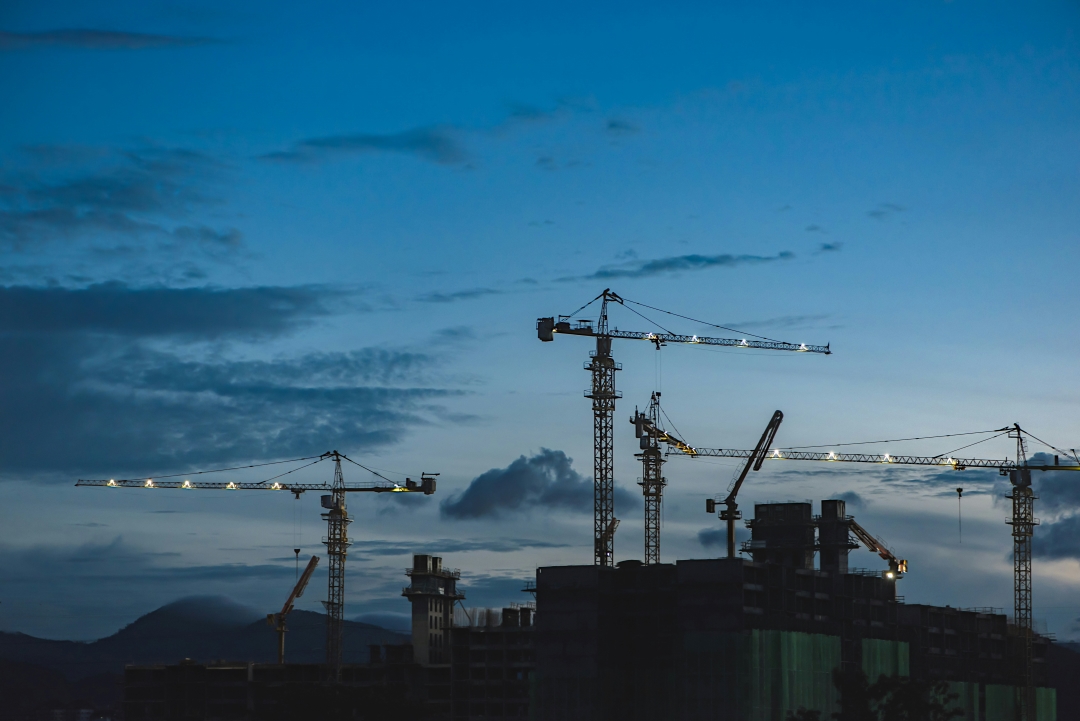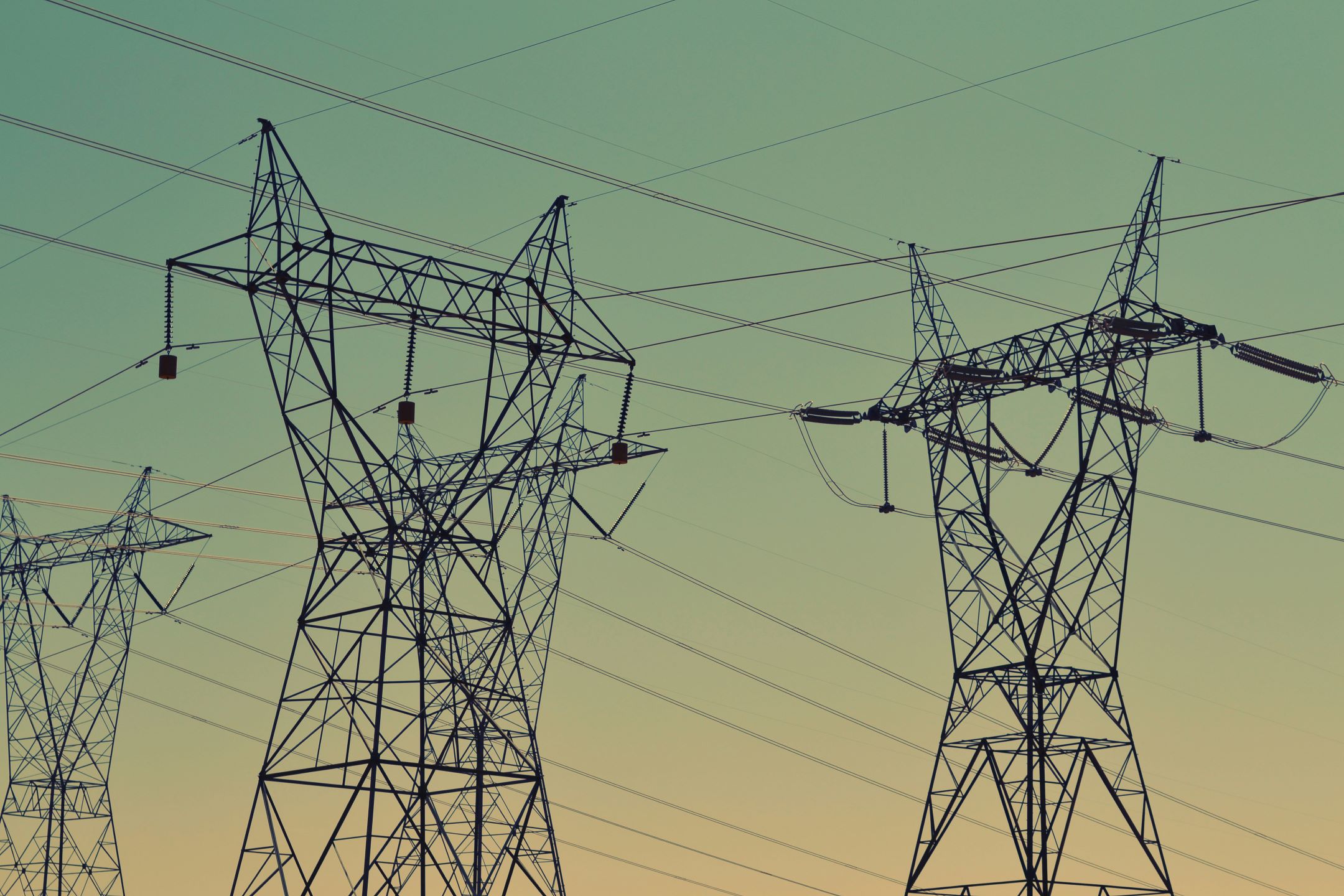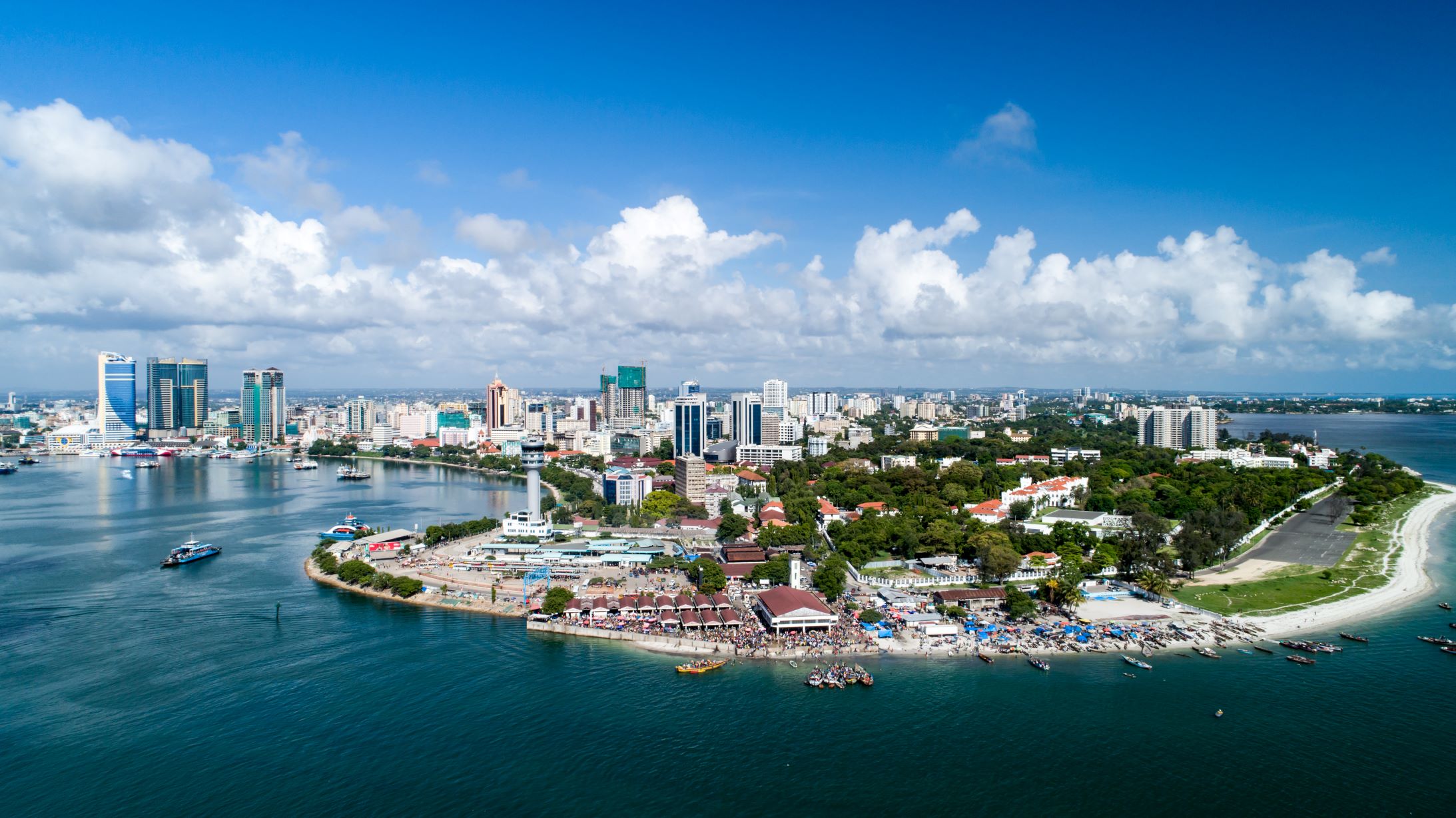On 24 February 2022, Russia invaded Ukraine, and from a global perspective, this has been viewed as an act of aggression against a sovereign state.
According to Reuters the conflict has left damage of approximately USD 570 billion and displacement of approximately 11 million people. The effects of this conflict have had a lasting effect on global business, especially in Africa which relies on both states regarding economic relations such as tourism, employment, education, and trade relations. A new report by the United Nations report has found that more than 70 percent of Africa’s economies are at severe risk from Russia’s war in Ukraine. The report found that 41 African countries face maximum exposure to at least one emergency caused by the war.
The various sanctions and embargoes issued to Russia have left a gap in several areas, especially in the supply of various resources such as gas and oil. This gap has been created but also the impacts are being felt across the African continent in various ways as seen below:
1. Agriculture and Food Security
The uncertainty over the availability of farm inputs such as fertiliser has been the most outstanding regarding food security. Fertiliser is a major import from Ukraine and it is vital in food production in Africa. The costs of urea and phosphate—two major components of fertiliser—had already risen by 30 and 4 percent, respectively, by the end of 2021. These increases, plus fertiliser export bans by China and Russia through at least June 2022, are expected to cause the cost of fertiliser to rise much more. The disruptions in imports as a result of the conflict have also resulted in a surge in food prices on the continent, further intensifying uncertainty over food security. Importantly, during the 2020-2021 agricultural season, Africa represented 36 percent of Ukraine’s total wheat exports and was by far the largest regional destination. Nigerian business mogul, Aliko Dangote has taken advantage of the shortfall in Russian fertilizer exports by opening a USD 2.5 billion fertilizer plant with the intent of selling fertilizer to the continent as well as to the United States, Brazil and India.
2. Natural Resource Exports
With oil price volatility, compounded by fears of fuel scarcity and the European Union’s consideration to phase out the EU’s dependency on Russian oil, Africa is looking for new energy sector investors in Europe who will soon no longer depend on Russian natural gas. The price hike in these natural resources has opened a window of opportunity for African countries which are reported to have approximately 630 trillion cubic feet of natural gas reserves with Nigeria, Algeria and Mozambique averaging 200, 159 and 100 trillion cubic feet respectively. These reserves are being considered by European member states as they intend to integrate them into their energy supply. Other countries like Tanzania, with an estimated 57 trillion cubic feet of gas reserves, could end up attracting approximately USD 30 Billion in foreign investment regarding gas supplies as they continue to negotiate with energy companies.
3. Regional Solidarity
The solidarity of regional blocs such as ECOWAS, SADC and EAC will be tested during this conflict. Most of these blocs were formed from an economic perspective and due to differences in the political opinion some African countries have not agreed with Russia’s invasion of Ukraine, but some have agreed with this move made by Russia. This will bring to a test the solidarity of African countries and it will affect business between these countries regarding ease of doing business and ease of movement of goods and people across borders. It has become increasingly difficult for African countries as Russia has been able to establish itself in the continent both for security and economic purposes. This has seen a significant reduction of conflict in the Sahel region in countries such as Mali, Niger, Burkina Faso and the Central African Republic which will inevitably boost trade.
4. Debt Burden
The crisis in Ukraine could bear another crisis in debt as countries try to come up from the ravages of the COVID-19 pandemic. Many African countries are at risk of having an increased debt burden due to the crisis which will lead to any additional government revenues being channelled towards the high costs of other goods including food, fuel, and household goods. According to the Brookings Institute, more than 20 countries are at risk of debt distress in Africa. And as debt service costs continue to rise to approximately USD 70 Billion, African countries will persist in borrowing to offset gaps in revenue. This will have significant impacts on investment in infrastructure and funding of social amenities such as schools and hospitals and people who work in these sectors. The debt burden experienced by many states, especially in Africa will be a major blow as many countries had agreed on terms on debt restructuring with the IMF, World Bank and other financial institutions to be able to recover from the COVID19 crisis.
Whether the war ends soon or becomes a prolonged battle, Russia, the US, and the UK can be expected to continue cultivating economic, political and security relationships with countries across Africa to address the myriad challenges facing many African countries to exert influence. The African Continental Free Trade Agreement further provides a unique opportunity to strengthen intra-Africa trade as well as for foreign investors to strengthen strategic partnerships with African countries by driving growth, especially with small-to-medium-sized investments.
___________________________
Sources
Brookings | Reliefweb | United State Institute of Peace | African Business | How We Made it in Africa


